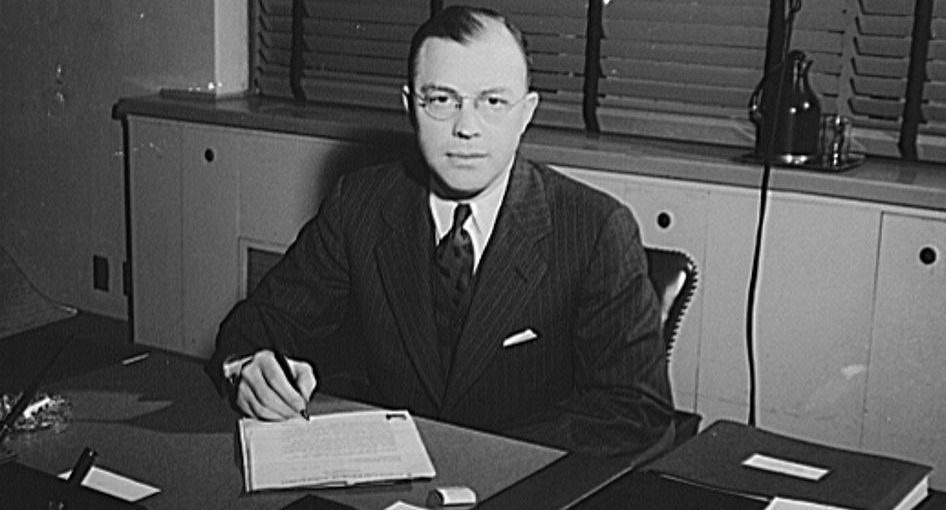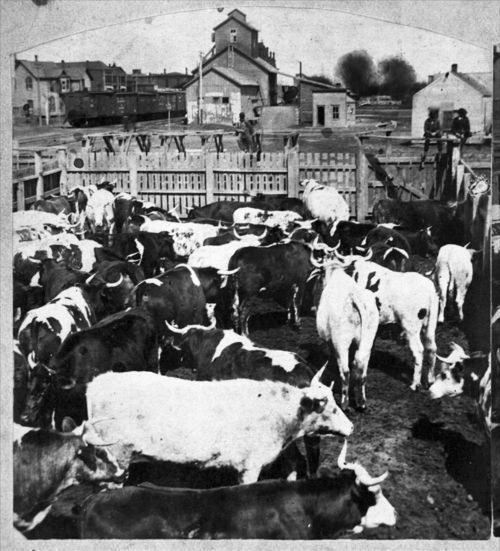Authors:
Historic Era:
Historic Theme:
Subject:
| Volume 71, Issue 4


Authors:
Historic Era:
Historic Theme:
Subject:
| Volume 71, Issue 4
Editor's Note: The following account is from a conversation the editors of American Heritage had with Milton S. Eisenhower in 1969. Dr. Eisenhower was a lawyer and educator and the youngest of the three Eisenhower brothers.

It was a quiet, law-abiding place. Everyone was putting something in: the town was putting in paved streets, Dad was wiring our house, I was able to equip our home with a serviceable gas water-heater. When the first automobile came rolling into town (a White steamer, as I recall), everyone stopped to look and make comments on its impracticality.
There was little evidence of Abilene's former frontier character — cattle driving, drinking, and shooting — though all of these were a part of the local stories we delighted to hear. The stories had long since lost whatever accuracy they may have once possessed. Remember that my grandfather brought his family from Pennsylvania in 1878, and my mother came from Virginia to join a brother at Topeka at about the same time.
We boys were two full generations removed from the frontier dramatized in modern Westerns. The earliest excitement I personally recollect was the flood of 1903. There was, nevertheless, a residuum of the pioneer spirit in the town's unsophisticated atmosphere, its ingrained friendliness, and its isolation from the rest of the world.
The isolation was political and economic as well as just a prevailing state of mind. Politically, I can't remember anything earth shaking happening at all, anything that threatened the firm control that the Republican party had exercised on the region ever since Kansas' stormy Civil War days.
People still talked about the visit William McKinley made to Abilene before I was born: the three elder Eisenhower brothers led the parade, carrying torches. Economically, of course, the town had advanced far beyond those early days when, as Dad expressed it, the main problem was "how to trade eggs for sugar and salt." But, beyond the shipment of grain by rail out to the East, there was very little outside contact. Self-sufficiency, personal initiative, and responsibility were prized; radicalism was unheard of.
So it's little wonder we boys grew up to be moderates and conservatives — in short, Republicans.

Socially, things were a bit more complicated, or so my brother Edgar felt. He has contended that Abilene was split by tracks running east and west, and that although there were many crossings, some of them were too difficult to make. On the north side were the